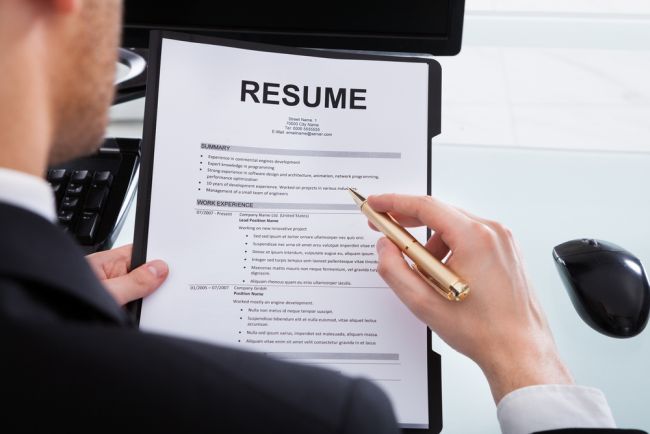Networking & Business Development
Featured Articles
45 of the Worst Possible Questions Attorneys and Law Students Can Ask in Interviews
When any legal employer is interviewing you, he or she most often wants to hire you. The interviewer is hoping you are the best applicant for the job because interviewing people takes time that could be used to bill hours.....
Read ArticleEvery Attorney's Biggest Weakness is Their Need to Feel Important and Loved
Listen to Every Attorney’s Biggest Weakness is Their Need to Feel Important and Loved PodcastIf someone does not make us feel important, we do not feel good about ourselves.We often rebel against the people who made us feel unimportant.To be good at your job, you need to make others feel impo....
Read ArticleWhy You Should Never Give Up Your Law Firm Job Search: Lessons in Law Firm Job Search ....
Giving up your search is the most serious mistake you can make.Many people are not reaching their potential and unhappy because they gave up.Over 95% of the business of law is going on outside of the largest law firms and all over.Those 95% of law firms will hire you if you persist with your search.....
Read ArticleTop 6 Things Attorneys and Law Students Need to Remove from Their Resumes ASAP
In this article, you learn about the importance of crafting the right resume for the specific legal job you are seeking. In resume writing, knowing what to leave out is just as important as knowing what to put in.....
Read ArticleWhy Law Firms Do Not Like to Hire Attorneys From Most Practice Settings Other Than Law ....
Listen to Why Law Firms Do Not Like to Hire Attorneys From Most Practice Settings Other Than Law Firms PodcastMost smart law firms will not hire attorneys who are coming from practice settings other than law firms.Law firms will suspect that you may have left a law firm and went to another prac....
Read Article45 of the Worst Possible Questions Attorneys and Law Students Can Ask in Interviews
When any legal employer is interviewing you, he or she most often wants to hire you. The interviewer is hoping you are the best applicant for the job because interviewing people takes time that could be used to bill hours.....
Read ArticleEvery Attorney's Biggest Weakness is Their Need to Feel Important and Loved
Listen to Every Attorney’s Biggest Weakness is Their Need to Feel Important and Loved PodcastIf someone does not make us feel important, we do not feel good about ourselves.We often rebel against the people who made us feel unimportant.To be good at your job, you need to make others feel impo....
Read ArticleWhy You Should Never Give Up Your Law Firm Job Search: Lessons in Law Firm Job Search ....
Giving up your search is the most serious mistake you can make.Many people are not reaching their potential and unhappy because they gave up.Over 95% of the business of law is going on outside of the largest law firms and all over.Those 95% of law firms will hire you if you persist with your search.....
Read ArticleTop 6 Things Attorneys and Law Students Need to Remove from Their Resumes ASAP
In this article, you learn about the importance of crafting the right resume for the specific legal job you are seeking. In resume writing, knowing what to leave out is just as important as knowing what to put in.....
Read ArticleWhy Law Firms Do Not Like to Hire Attorneys From Most Practice Settings Other Than Law ....
Listen to Why Law Firms Do Not Like to Hire Attorneys From Most Practice Settings Other Than Law Firms PodcastMost smart law firms will not hire attorneys who are coming from practice settings other than law firms.Law firms will suspect that you may have left a law firm and went to another prac....
Read Article45 of the Worst Possible Questions Attorneys and Law Students Can Ask in Interviews
When any legal employer is interviewing you, he or she most often wants to hire you. The interviewer is hoping you are the best applicant for the job because interviewing people takes time that could be used to bill hours.....
Read Article



